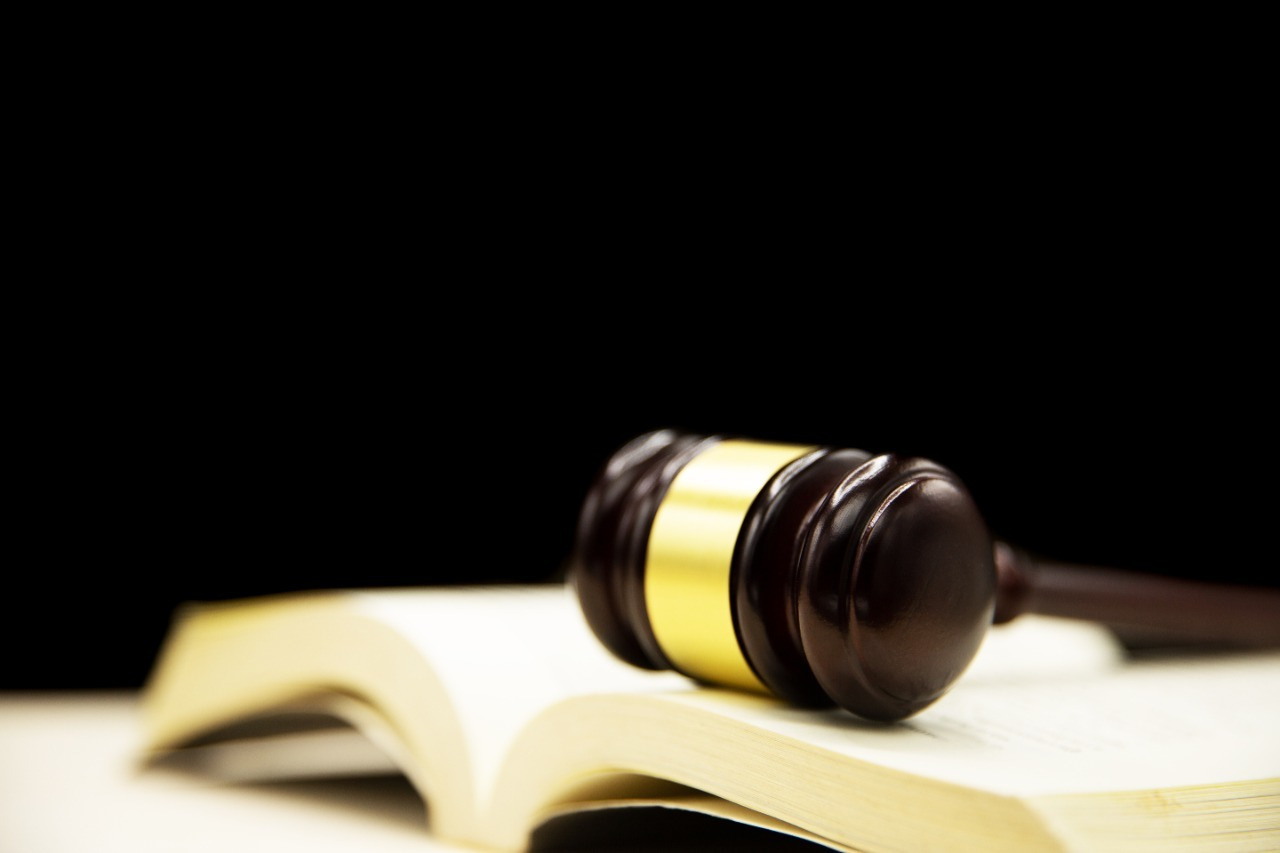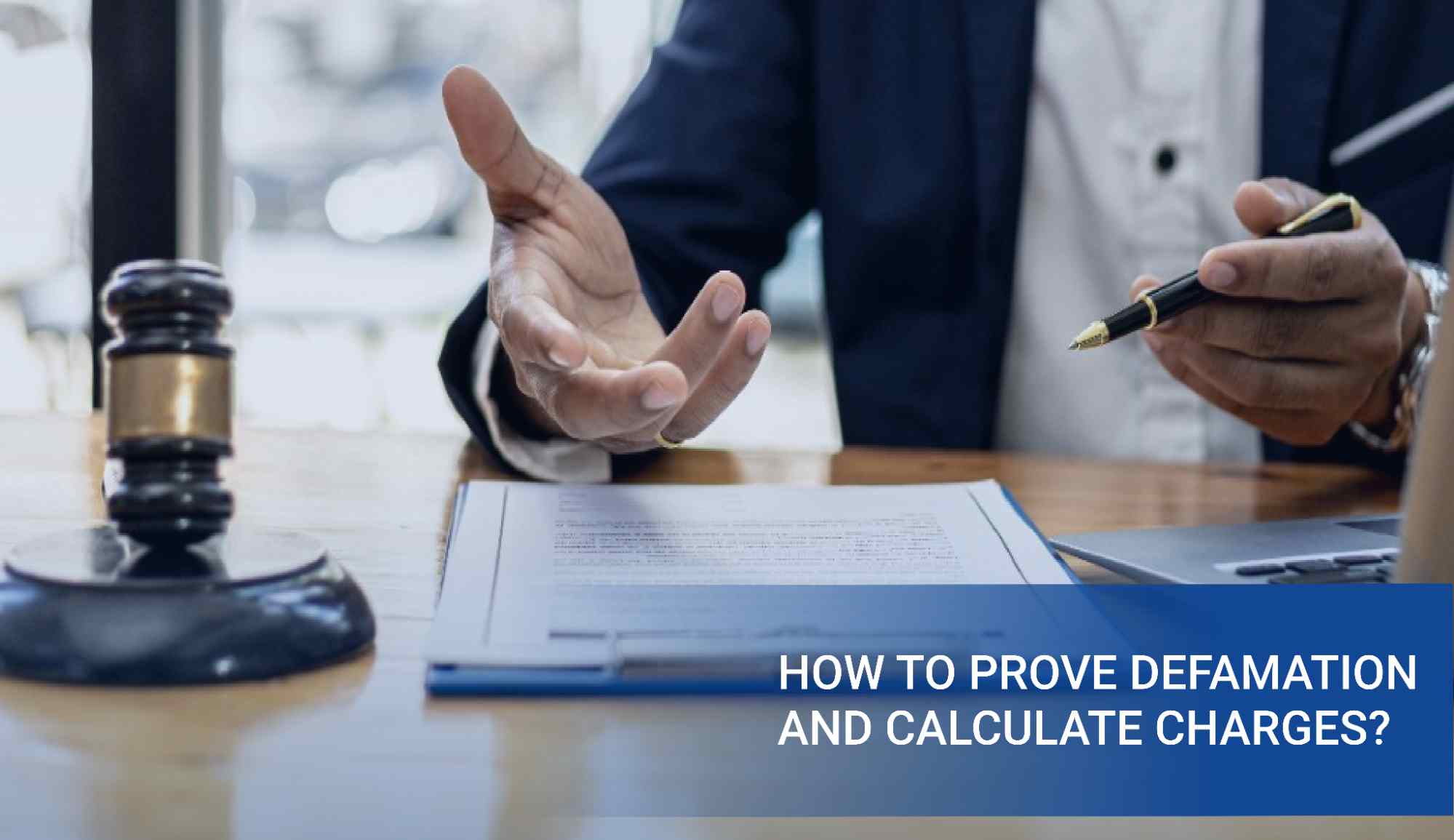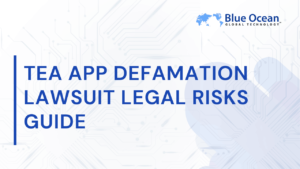Proving defamation isn’t just about identifying a false statement it’s about meeting specific legal thresholds. Whether you’re the target of a damaging online review or a victim of a malicious social media post, understanding how to legally establish defamation is key to recovering damages and restoring your reputation.
In this guide, we walk you through the five legal elements required to prove defamation, how public vs. private figure status affects your case, and the types of evidence courts look for. Learn how to strengthen your case and avoid common pitfalls in both online defamation and social media libel claims.
Blue Ocean Global Technology offers expert services to assist individuals and businesses in understanding defamation claims, building strong evidence, and navigating legal challenges effectively.
What Is Considered Defamation Under U.S. Law?
Defamation is a false statement presented as a fact that injures another’s reputation. It can be written (libel) or spoken (slander), and must be shared with a third party to be legally actionable.
According to the Restatement (Second) of Torts § 558, defamation consists of (a) a false and defamatory statement; (b) unprivileged publication to a third party; (c) fault amounting to at least negligence; and (d) harm, either presumed or proven.
Two Types of Defamation:
- Libel: Written or published (e.g., blog, tweet, review)
- Slander: Spoken or oral (e.g., podcast, video)
Restatement (Second) of Torts § 568 (1977) explains libel as written defamation and slander as spoken, both actionable if proven harmful.
For digital cases, internet defamation is usually categorized as libel.
 Image Credits: Freepik
Image Credits: Freepik
What Are the Legal Elements You Must Prove?
To win a defamation case, you must prove these five elements (see Restatement (Second) of Torts § 558):
| Element | Description |
| 1. False Statement | The statement must be objectively false opinions are not enough. |
| 2. Publication | It must be communicated to someone other than you. |
| 3. Identification | You (or your business) must be clearly identified. |
| 4. Harm | The statement caused reputational, emotional, or financial damage. |
| 5. Fault | Negligence or actual malice must be proven, depending on your status. |
Related: How Defamation Damages Are Calculated
Fact vs Opinion
A statement presented as opinion might still be actionable if it implies a false fact. This principle was clarified in Milkovich v. Lorain Journal Co., 497 U.S. 1 (1990), where the U.S. Supreme Court ruled that even “opinions” can be defamatory if they imply false factual assertions.
How Does Your Legal Status Affect Your Burden of Proof?
Courts apply different standards based on your legal classification:
| Status | Standard of Fault | Legal Basis |
| Private Individual | Negligence | Gertz v. Robert Welch, Inc., 418 U.S. 323 (1974) |
| Public Figure | Actual Malice (knowledge of falsity) | New York Times Co. v. Sullivan, 376 U.S. 254 (1964) |
This classification affects the types of defamation damages you may recover.
What Evidence Should You Collect to Strengthen Your Case?
The strength of your case lies in your documentation. Essential types of evidence include:
- Screenshots of defamatory content
- Archived URLs (use the Wayback Machine)
- Client loss statements (e.g., canceled contracts)
- Medical or psychological evaluations (for emotional distress)
- Expert witness analysis – See our guide on internet defamation expert witnesses
Need to claim emotional harm? See Emotional Distress Damages
 Image Credits: Freepik
Image Credits: Freepik
What’s the Timeline to File a Defamation Lawsuit?
Each state has a statute of limitations for filing a defamation claim, typically 1–2 years.
Consider filing:
You may file in the state where:
- Harm occurred
- Publisher resides
- Platform is based (e.g., Twitter, Reddit)
Take Action Against Defamation
Protect your reputation today with expert legal support from Blue Ocean Global Technology
What Mistakes Should You Avoid When Proving Defamation?
Avoid these pitfalls when proving defamation:
- Reacting emotionally or replying to defamatory posts publicly
- Not capturing timestamped evidence
- Waiting too long (statute of limitations)
- Filing without legal guidance or witness support
Real cases: Online Defamation Case Studies
Example Case: Business Reputation Loss
A SaaS founder falsely accused of financial fraud on Reddit lost a $300K investor. With screenshots, archived Reddit posts, and a reputation expert’s affidavit, they secured $75,000 in damages and content takedown.
In a 2024 Idaho case, Posey v. Bushnell, a jury awarded over $1.1 million to a performer after defamatory videos falsely accused him of exposing himself at a public event.
Another landmark case, Obsidian Finance Group v. Cox (9th Cir., 2014), resulted in a $2.5 million judgment against a blogger who published defamatory content without verification.
Explore: Defamation Law Guide
 Image Credits: Freepik
Image Credits: Freepik
FAQs on Proving Defamation
Can I sue someone for a false online review?
Yes , especially if it includes false claims and impacts your income or reputation.
What if they used a fake name or anonymous account?
You can subpoena platforms like Yelp, Google, or Reddit for metadata or IP logs.
Can I win damages without financial loss?
Yes, general and nominal damages are available even without income loss.
Learn how to claim defamation damages
Secure Your Reputation Now
Speak with our experts to understand your legal options and start building your defense.












